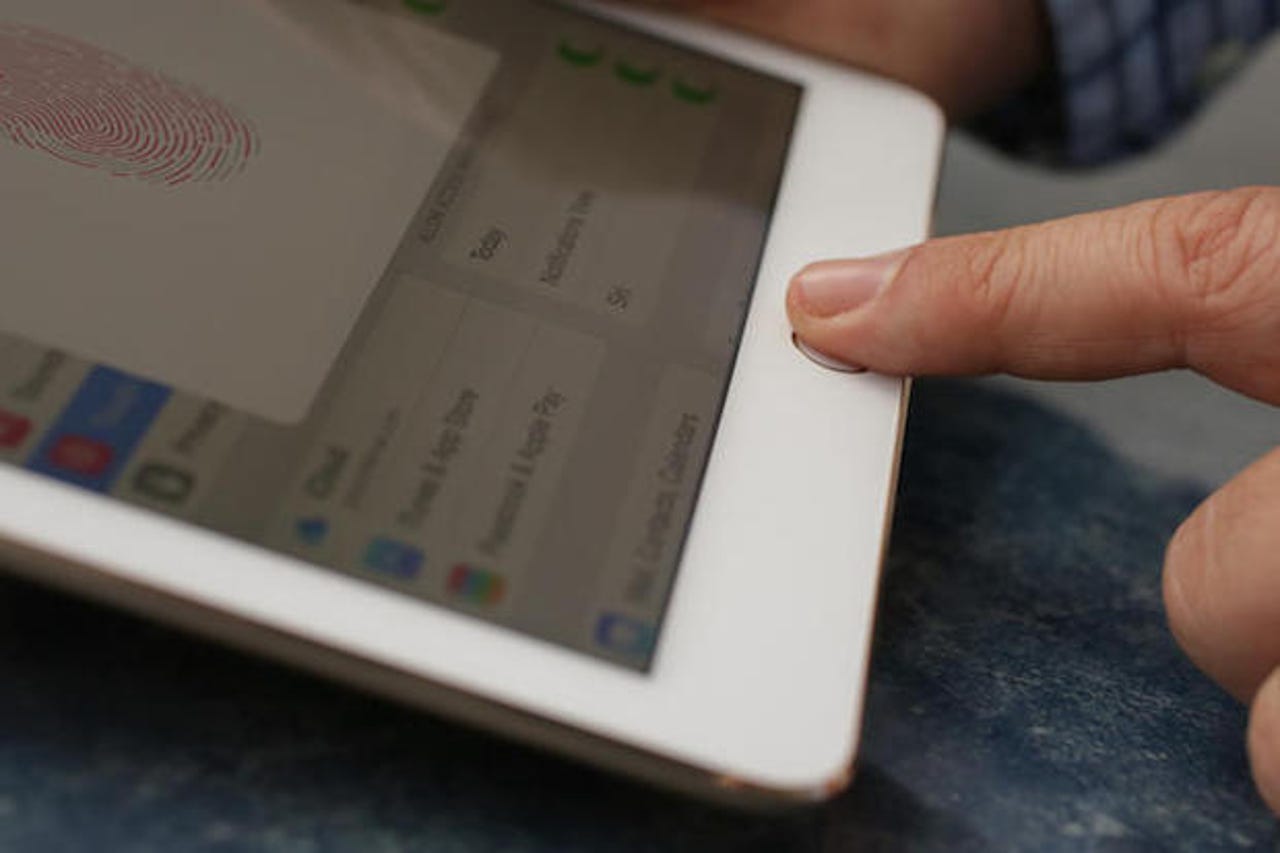Virginia police can now force you to unlock your smartphone with your fingerprint

Is nothing sacred anymore?
A Virginia circuit court judge ruled this week that smartphone users can be compelled to give up their fingerprint, but not their passcodes, allowing police to search their devices.
First reported by local Virginia news, the decision-making case in question surrounded a man charged with attempting to strangle his girlfriend. A video purporting to show the incident was on the defendant's phone, but his lawyer argued that handing over his passcodes would be in breach of his Fifth Amendment protections against self-incrimination.
But, a fingerprint — used by a number of devices, like the latest iPhones, iPads, and Samsung Galaxy phones and tablets — does not fall within these protections, which Judge Steven C. Frucci likened it to handing over a DNA sample.
Perhaps the irony is that fingerprint technology was meant to make devices more secure for consumers and enterprises alike, and not easier to gain access to by government agencies.
There is a caveat, however. If a device is locked by both a fingerprint and a passcode, the passcode wins, meaning the device is protected.
It comes just a few weeks after Apple and Google announced steps to ensure that their iOS and Android devices come offer default encryption to prevent government agencies from seeking out their complicity in unlocking devices.
The two mobile phone making giants made the move after government surveillance details were leaked by former U.S. contractor Edward Snowden.
